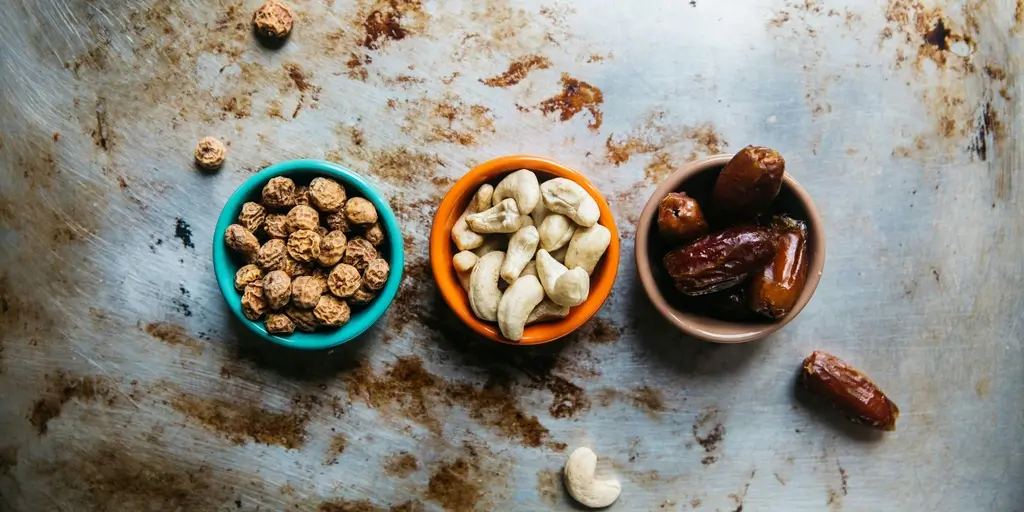Achieving your fitness goals isn’t just about the hours you spend in the gym. Whether you are looking to bulk up, slim down, or simply maintain your health, the synergy between your diet and your training routine is crucial. By correctly syncing the two, you can enhance your performance, boost recovery, and get the most out of every workout.
The Importance of Nutrition
Nutrition provides the foundation for your fitness journey. It’s not only about eating the right foods but also about consuming them at the right times. Nutrient timing, or the strategic scheduling of your meals, can significantly affect your training outcomes. Whether you’re exercising for endurance, speed, or strength, and depending on the intensity of your workouts, your diet needs to support these exertions.
Understanding Macronutrients
Macronutrients—proteins, carbohydrates, and fats—are essential for supporting different functions during exercise. Here’s a brief rundown:
- Proteins: Essential for muscle growth and repair, proteins should be consumed throughout the day. Consider a mix of animal and plant-based sources for a comprehensive amino acid profile.
- Carbohydrates: Carbs are the body’s primary energy source. Before a workout, opt for complex carbohydrates like oats or whole grains for sustained energy. Post-workout, simple carbs can help replenish glycogen stores quickly.
- Fats: While fats are more commonly associated with longer-term energy storage, they are also critical for metabolic health and hormone production. Include healthy fats such as avocados, nuts, and seeds in your diet.
Pre-Workout Fuel
Your pre-workout meal is essential for providing the energy you need to push through your session. Aim to consume this meal around 2-3 hours before exercising to allow your stomach time to digest. Focus on a balanced intake of carbohydrates and protein. For a quick pre-workout boost, a banana with almond butter or a small smoothie can provide the necessary nutrients.
Post-Workout Recovery
After your workout, your body is primed to absorb nutrients. This is when you should focus on recovery and replenishment. A combination of protein to aid muscle repair and carbohydrates to restore glycogen stores is ideal. A post-workout meal could be as simple as a chocolate milkshake or a chicken salad wrap.
Hydration
Never underestimate the power of hydration. Water plays a critical role in every process within the body, including nutrient transport and temperature regulation, both vital to exercise performance. Ensure you’re drinking plenty of water before, during, and after exercise. For those engaging in prolonged or intense workouts, an electrolyte-replenishing beverage can prevent dehydration and maintain performance levels.
Adjusting According to Your Goals
Your nutritional needs will vary depending on your personal fitness goals. If your aim is to build muscle, focus on a high-protein diet combined with strength training. However, if you are looking to lose weight, you might emphasize a calorie deficit with a balanced macronutrient breakdown. Always remember that each body responds differently, and sometimes a bit of trial and error is necessary to find what works best for you.
Keeping Track and Adjusting
Keeping a food journal can be extremely beneficial. It allows you to monitor what you eat and its effect on your performance. Over time, you can tweak your diets and workouts based on your observations. Continual adaptation and adjustment are key to making steady progress.
Successfully syncing your diet with your training regimen is a powerful tool. It empowers you to enhance performance, speed recovery, and achieve your health and fitness aspirations efficiently. So, get started on your path today by bringing these elements together—fueling your journey for maximum results.






